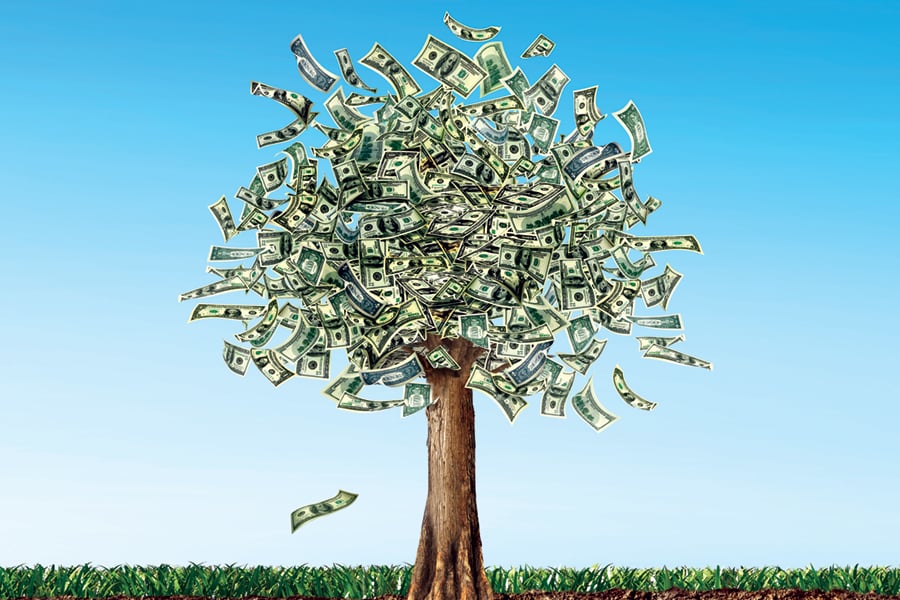Charitable investors who set up donor-advised funds to ultimately give the proceeds to specific issues, like gender-based causes or environmental protection, may be surprised to find their money sitting in the fund actually works against their values.
According to a new study from
Cornerstone Capital Group, a growing number of people want to invest the money in their DAFs for impact. However, only a small portion of the more than $23 billion contributed to donor-advised funds in 2016 was used for such purpose, according to the National Philanthropic Trust.
"Donor-advised fund holders who really want to use DAFs to make a difference through charitable giving can use their DAF capital that isn't being used for charitable contributions at a given time to augment their philanthropic activities," said Katherine Pease, managing director and head of impact strategy at Cornerstone. The registered investment advisory firm researches impact investing and incorporating ESG factors into portfolio design.
(More: 3 ways advisers should prepare for ESG conversations with 401(k) clients)
Contributions to donor-advised funds are tax-deductible, making them appropriate vehicles for donors who want to decrease their tax burden after a major financial event, like the selling of a business. They also provide opportunities to maximize investments into causes in new ways, according to the study.
Cornerstone found eight ways donors can maximize their DAF capital, including endowments invested for broad or specific sustainable impact, adviser managed funds, specialized pooled funds, direct investments in social enterprises, funds for specialized initiatives, loan guarantees and corporate donor-advised funds.
For example, people who traditionally have lower-risk profiles for their own wealth can use their DAF capital for investments in early stage companies they might not otherwise invest in, according to Ms. Pease. This could specifically help companies that have business models that align with investor values.
The report also recommends that investors who are interested in impact investing through their DAFs utilize "sub-advisers," as some traditional advisers don't have expertise in environmental, social and governance investing.
"We know that the sustainable investing industry is growing exponentially. We're seeing particularly women and millennials are interested in ensuring that their investments align with their values," Ms. Pease said. And "in the broad investment arena, they don't need to sacrifice financial return for impact."
(More: Demand for ESG investing is knocking at your door ... or should be)







